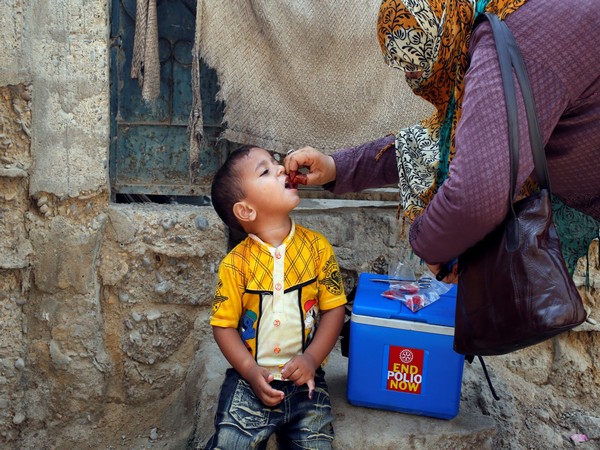WHO Raises Alarm Over New Polio Surge in Afghanistan and Pakistan
The World Health Organization warns of an alarming rise in polio cases in Afghanistan and Pakistan, citing nine new instances this year. The resurgence threatens to reverse decades of progress, with cross-border transmission risks heightened by refugee movements and insufficient access to vulnerable areas. Urgent action is needed to intensify immunization efforts.

- Country:
- Afghanistan
The World Health Organization (WHO) has alerted global health authorities to an alarming increase in polio cases in Afghanistan and Pakistan, identifying nine new infections this year. According to a statement released on July 28, eight cases were detected in Pakistan and one in Afghanistan, raising concerns about the region's ongoing fight against the disease.
Specific areas pinpointed as transmission hotspots include Afghanistan's southern provinces and various regions across Pakistan, such as Quetta, Karachi, and Khyber Pakhtunkhwa. WHO emphasizes that the return of Afghan refugees is exacerbating cross-border virus spread, necessitating enhanced regional cooperation and uninterrupted efforts to vaccinate all children, particularly in marginalized and conflict-affected zones.
Health experts warn that without immediate and sustained intervention, years of progress in polio eradication could be reversed. The WHO calls on governments, humanitarian organizations, and local leaders to intensify efforts to ensure no child is left unvaccinated.
(With inputs from agencies.)
- READ MORE ON:
- WHO
- polio
- Aghanistan
- Pakistan
- health
- surge
- cross-border
- transmission
- vaccination
- eradication










